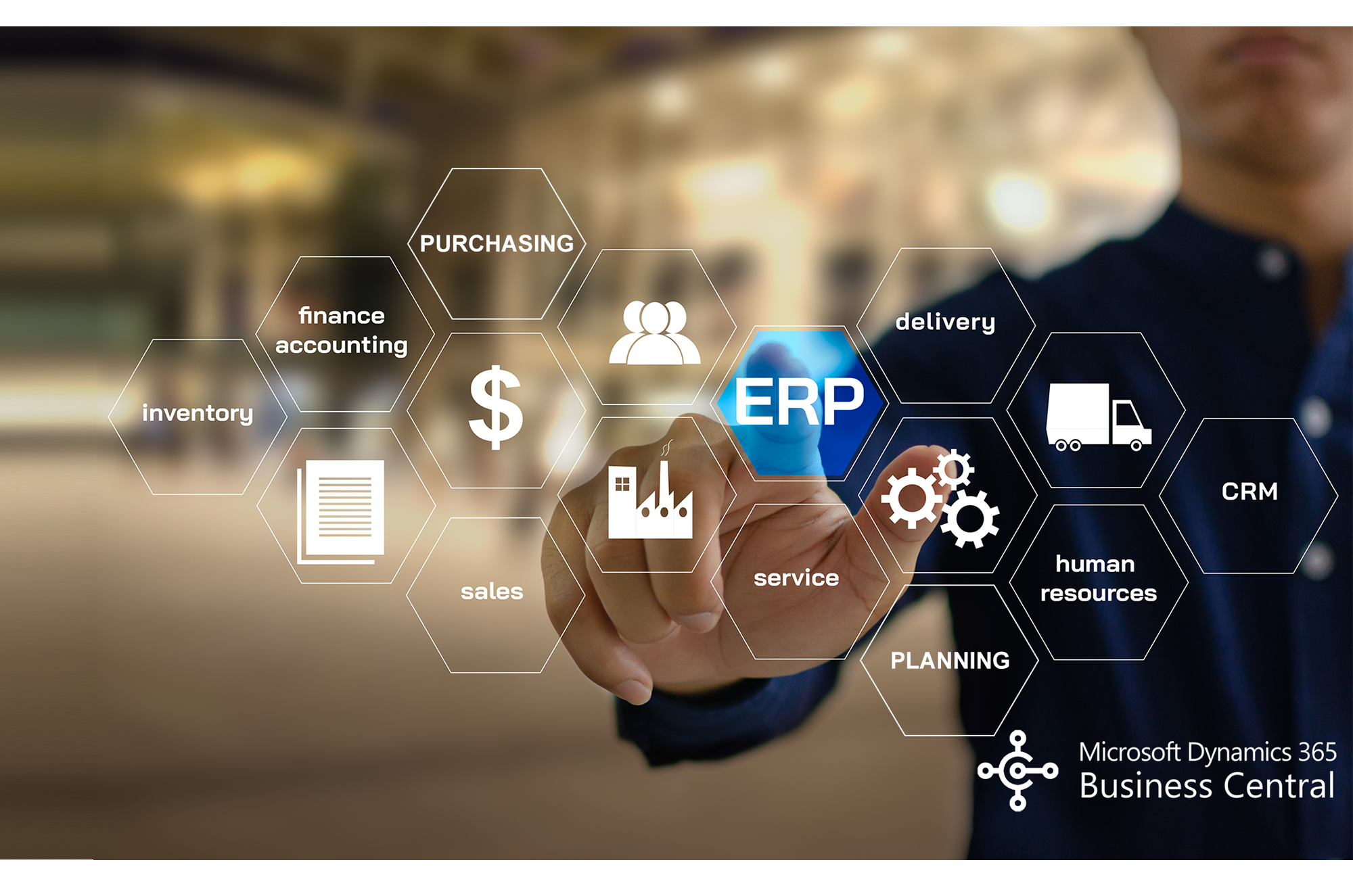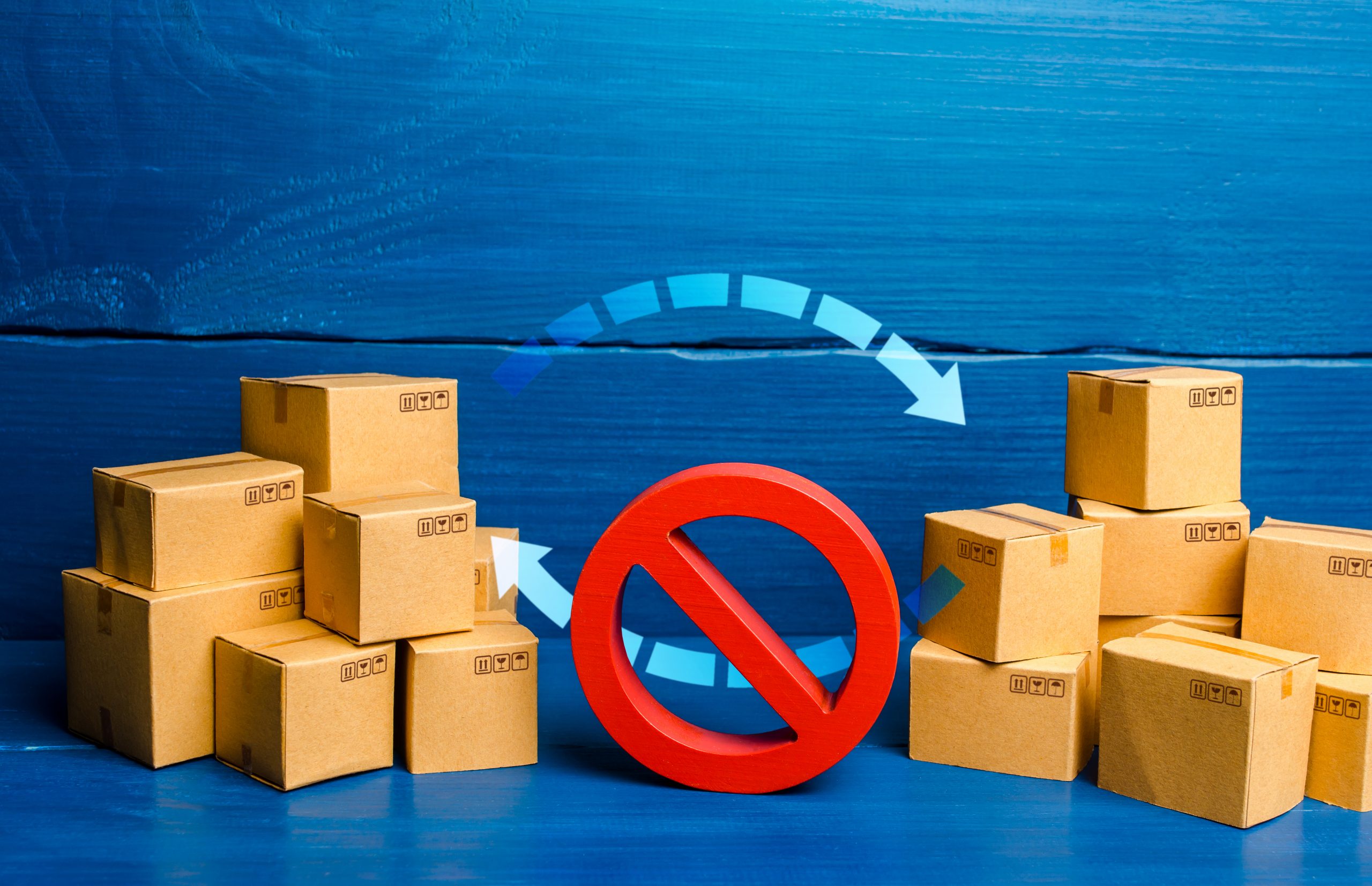ERP (Enterprise Resource Planning) software is a comprehensive, integrated system used by organisations to manage and automate many of the business processes across various departments. It consolidates business operations into a unified system, enabling efficient and accurate information flow between departments such as finance, human resources, manufacturing, supply chain, services, procurement, and others.
Key Features of ERP Software:
- Integration: Seamlessly connects various business processes, facilitating data sharing and communication across the organisation.
- Automation: Automates routine tasks and workflows, reducing manual effort and minimising errors.
- Real-Time Data: Provides real-time data and analytics, aiding in informed decision-making.
- Scalability: Scalable to accommodate the growing needs of a business.
- Customisation: Often customisable to meet the specific needs and processes of an organization.
- Centralised Database: Maintains a single database to ensure consistency and accuracy of information.
Benefits of ERP Software:
- Improved Efficiency: Streamlines business processes and reduces redundancy, leading to increased productivity.
- Better Decision-Making: Provides comprehensive insights and analytics for better strategic planning and decision-making.
- Cost Savings: Reduces operational costs by improving process efficiency and resource management.
- Enhanced Collaboration: Facilitates better communication and collaboration between departments.
- Regulatory Compliance: Helps in maintaining compliance with industry regulations and standards.
Common ERP Modules:
- Finance and Accounting: Manages financial transactions, accounts payable/receivable, general ledger, and financial reporting.
- Human Resources (HR): Handles employee information, payroll, recruitment, benefits, and performance management.
- Manufacturing: Oversees production planning, scheduling, inventory management, and quality control.
- Supply Chain Management: Manages procurement, inventory, order processing, and logistics.
- Customer Relationship Management (CRM): Tracks customer interactions, sales, marketing, and customer service.
- Sales and Distribution: Manages sales orders, pricing, shipping, and billing.
Examples of ERP Software:
- Microsoft Dynamics 365: An integrated suite offering both ERP and CRM capabilities.
- NetSuite: A cloud-based ERP solution popular among small to mid-sized businesses.
- SAP ERP: A ERP solution known for its robust features and scalability.
- Oracle ERP Cloud: A comprehensive, cloud-based ERP solution.
Conclusion
ERP software is essential for modern businesses looking to enhance efficiency, streamline processes, and improve overall management and decision-making capabilities.
Get in touch to know more about how an ERP Software works or to book a demo













